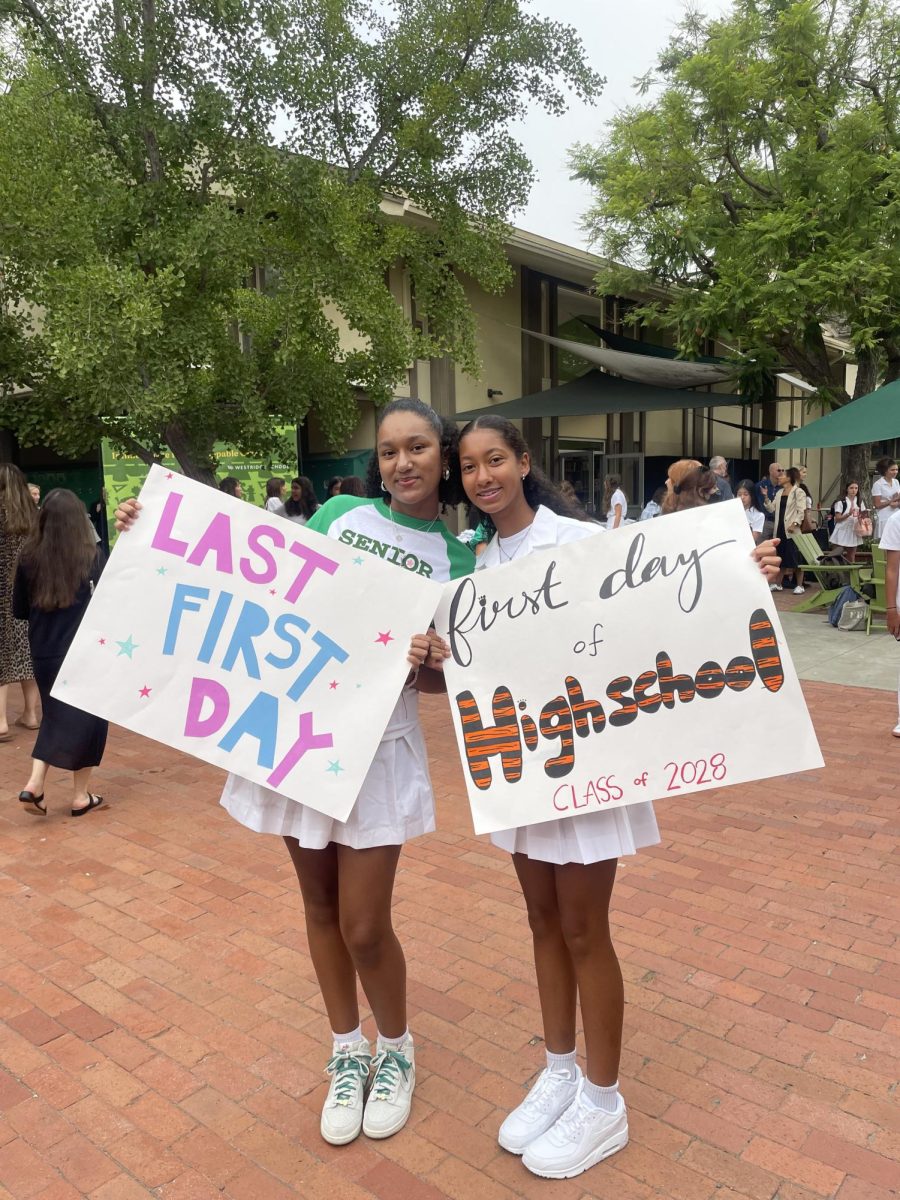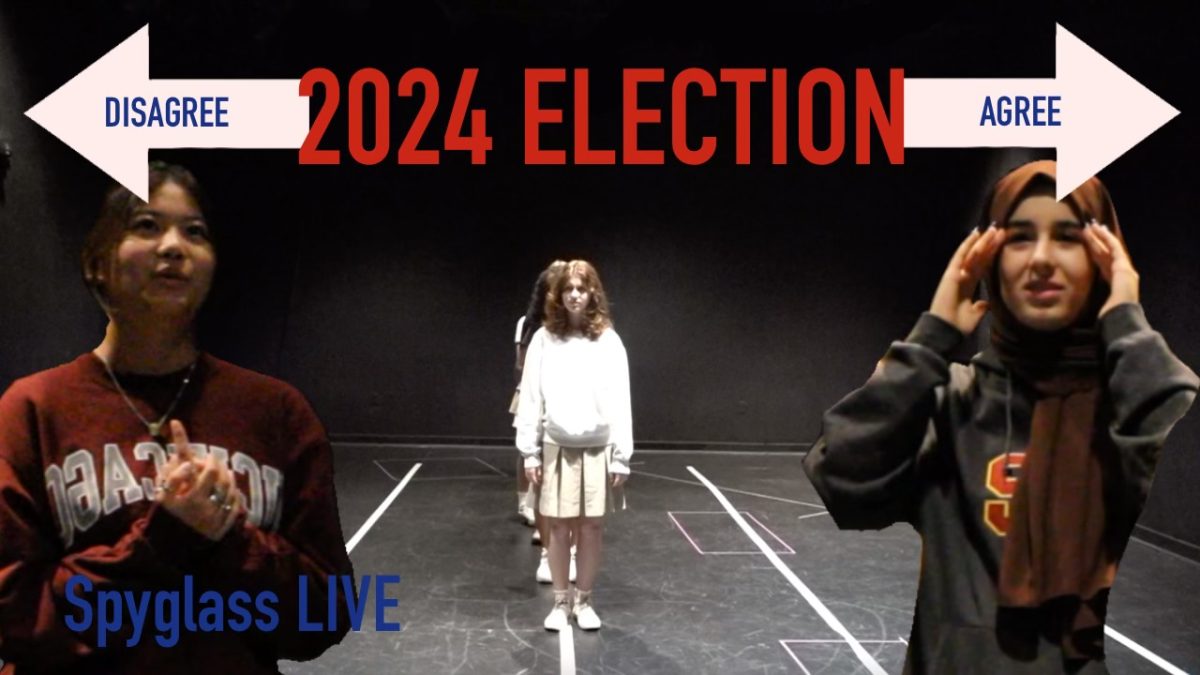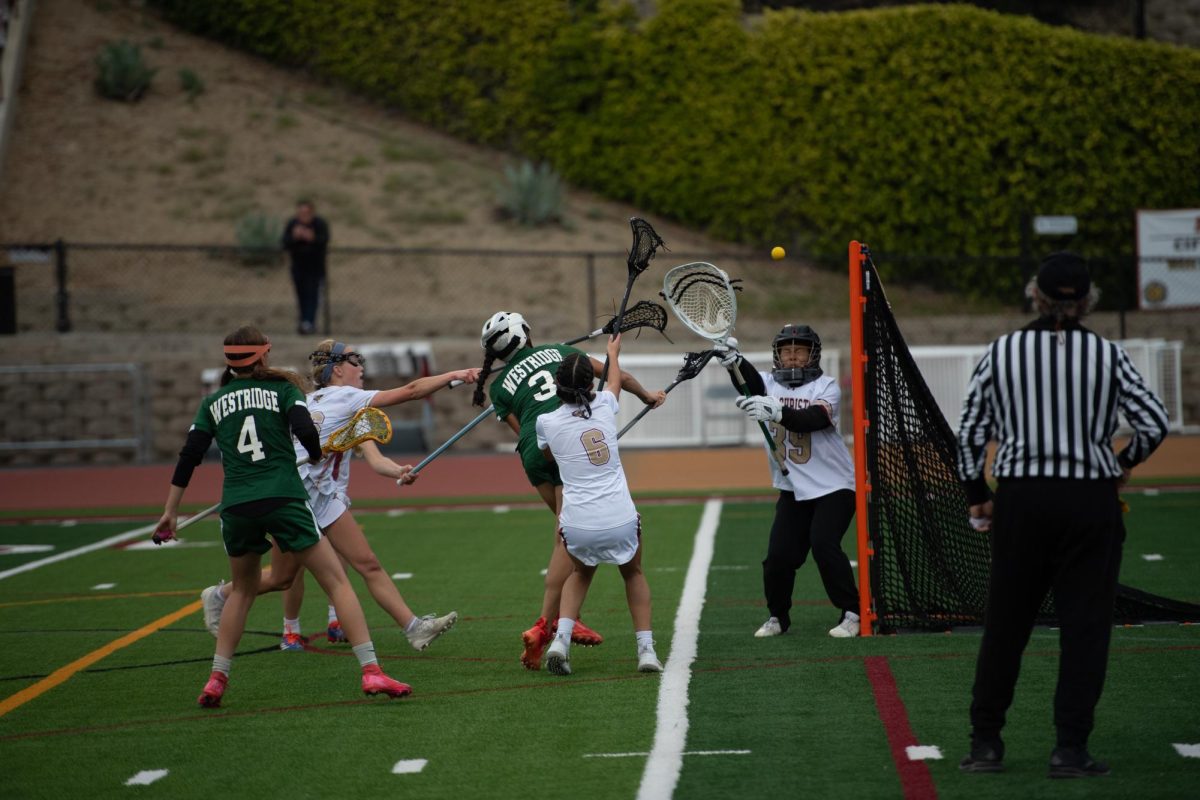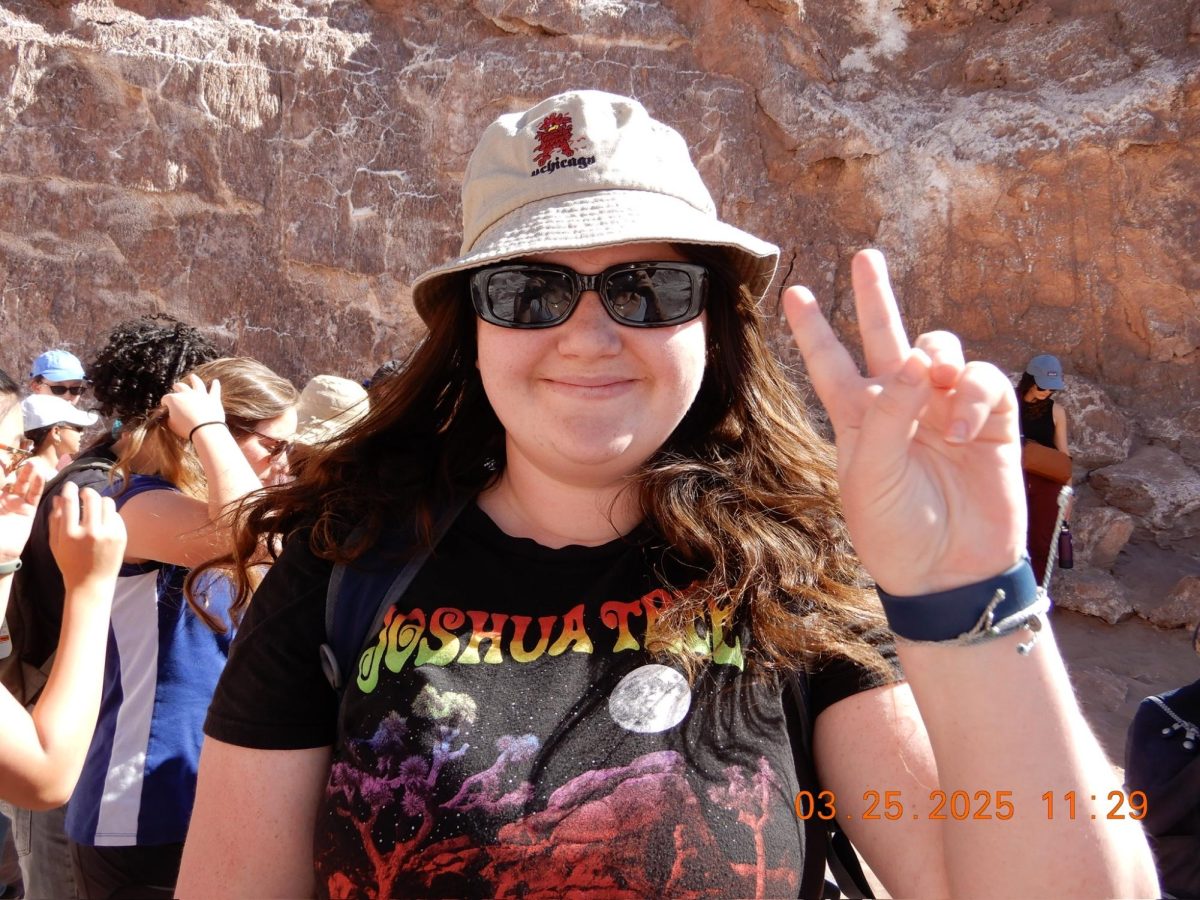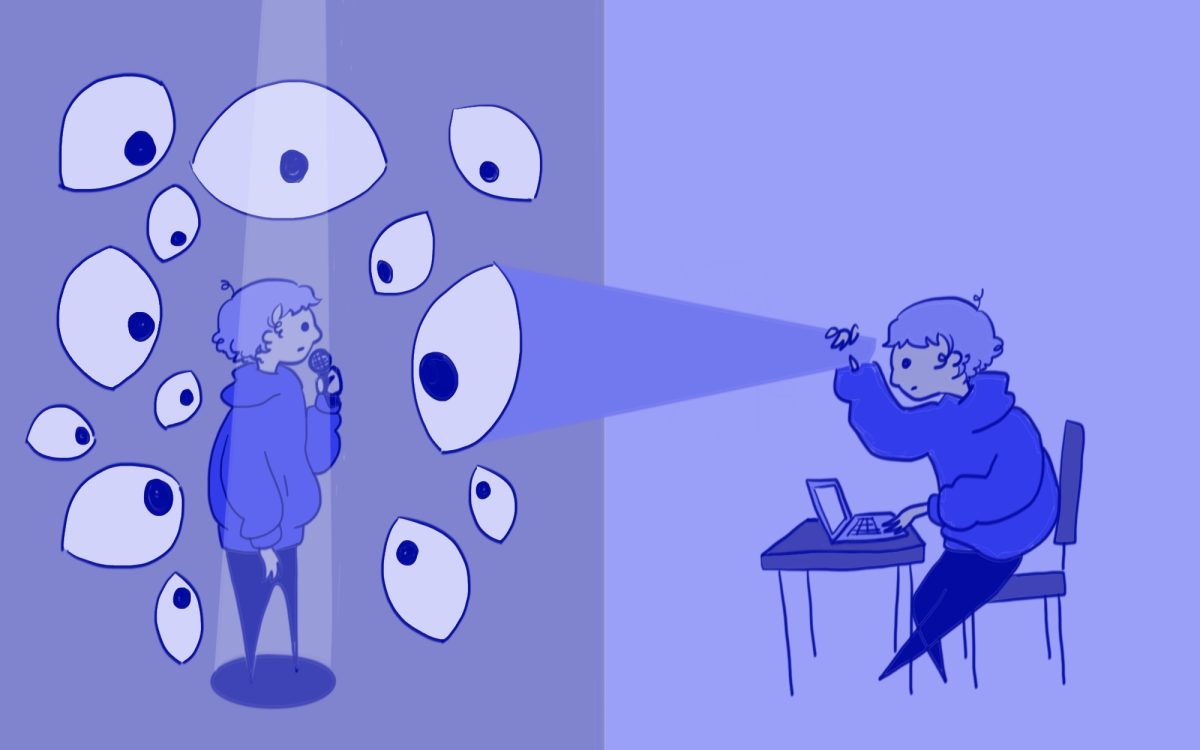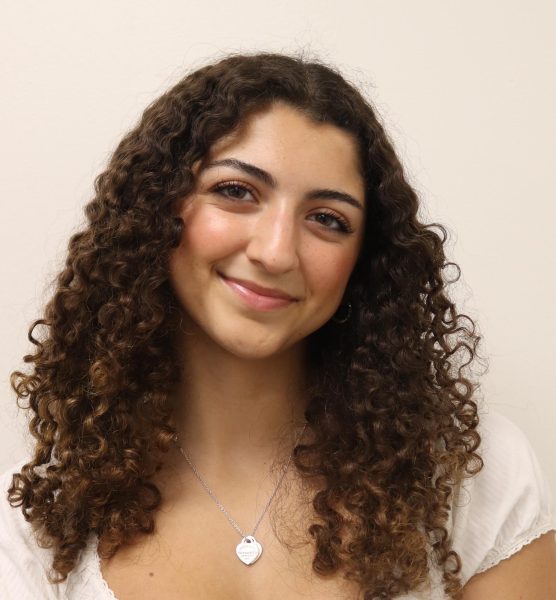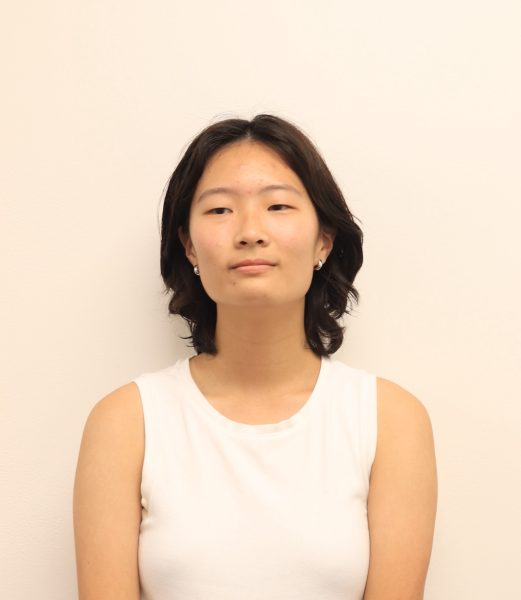As I walked through the doors of RB40, the Spyglass newsroom was already abuzz with chatter. I was greeted by a cascade of inquiries written on the whiteboard in green expo-marker: Who? What? When? Where? Why? How?
It was October 11, less than a week after Hamas had attacked Israel, and Spyglass advisor Masami Hansen, responding to the lunch time community gathering, was taking the first part of class to walk staffers through a reporting exercise. “I don’t expect the paper to cover the ongoing conflict in Gaza, but we can cover campus events that pertain to it,” Ms. Hansen urged.
These were perhaps the first words I heard after having just led the community gathering that our advisor was referring to. I, alongside the other Middle East/North Africa (MENA) Affinity had spent days planning for this gathering. My fellow affinity heads and I stood up in front of a room full of students carrying the weight of what we knew was an incredibly sensitive, emotional, and contentious issue. I comforted my teary-eyed classmates, answered their questions, held my breath, bit my lip, and fought back tears.
Minutes later, when I walked into the newsroom, every head turned to look at me. On the board, the essential journalistic questions stared back at me as my fellow staffers turned to me, a primary source for insights, reflection, anything I could give. But at that point, I didn’t have much else left.
I sat in my regular seat, feeling the exhaustion wash over me, yearning for a moment of respite.
But at the same time, I wanted my fellow staffers to understand the event and what went into it so that they could report on it accurately. In the same way, I beg for my student body to hear our voices, for people to want to understand and listen. This is an issue that begs us to discuss.
I wished I had the energy to run through every single “why?” and “how?” in front of my Spyglass staffers. I wished I could stand in front of everyone and tell them what it was like to be in that room, to feel and see students and faculty grieve together and seek to understand together. It was truly one of the most powerful experiences of my life—to see such a divisive issue handled with such care and grace. But it was also one of the most difficult experiences I’ve had—to hold the weight of such complexity, to try to be unbiased, to try to support and inform.
And I know that my fellow affinity heads in both the MENA and Jewish affinity are feeling the same weight—if not more so. I am aware that I have the luxury of leading these discussions without worrying for the safety of my loved ones.
Leading these conversations is necessary and something I want to do, but it often comes at a cost. I am almost ashamed to admit that in talking about this issue so much, I have almost become desensitized to it. And undoubtedly, there is some level of privilege in feeling desensitized. At the same time, I feel an onslaught of questions and guilt arise as I start to feel distanced from the situation. How do I keep shining a light on the issue without burning myself out? How do I reconcile my exhaustion with my privilege? How do I hold space for others and make space for myself and my roles as an affinity head, journalist, and Middle Eastern student?
My identity so far has been comfortably compartmentalized, but for the first time in my life, my roles have converged; my world is no longer so divided.
Over the last few weeks, as I’ve been grappling with living in the tensions of this intersection, I’ve realized that in many ways, breaking down the barriers between my roles as an affinity head and journalist is not only natural but imperative for my growth. Rather than fixating on the tension that comes from intersection, I’m starting to see it as an opportunity.
When I first sat down to write this article, I scribbled sentence upon sentence about the burden of responsibility. But in being confronted with this intersection, uncomfortable as it may be, I recognize that I may have been able to bear both sides of my identity in both places because of what those roles have taught me. In MENA spaces, my role as a journalist influenced me to seek out places for unbiased, balanced perspectives, to try to minimize harm and support my student body while simultaneously trying to inform. In Spyglass, my perspective as a head and Middle Eastern student helped my staffers understand and synthesize the reporting.
Rather than being fearful or contemptuous of my dual experience, I now see it as a chance to honor the shame and the pride, the desire to grieve and to comfort, the impulse to inform and to learn, to hold space for intense emotion and to seek unbiased facts. As I continue to step up to the microphone at community gatherings and put my pen to paper (or fingers to keyboard), I will understand that convergence is not a compromise but an opportunity for authenticity.
For Further Reading:
- “A lot of us are still grieving, a lot of us are still nervous for what’s to come”: Westridge Student Body Responds to the Israel-Hamas War in Lunch Time Discussion
- “We wanted to create a space where people would feel safe to share.” MENA and Jewish Affinities Host Community Gathering About War in Gaza




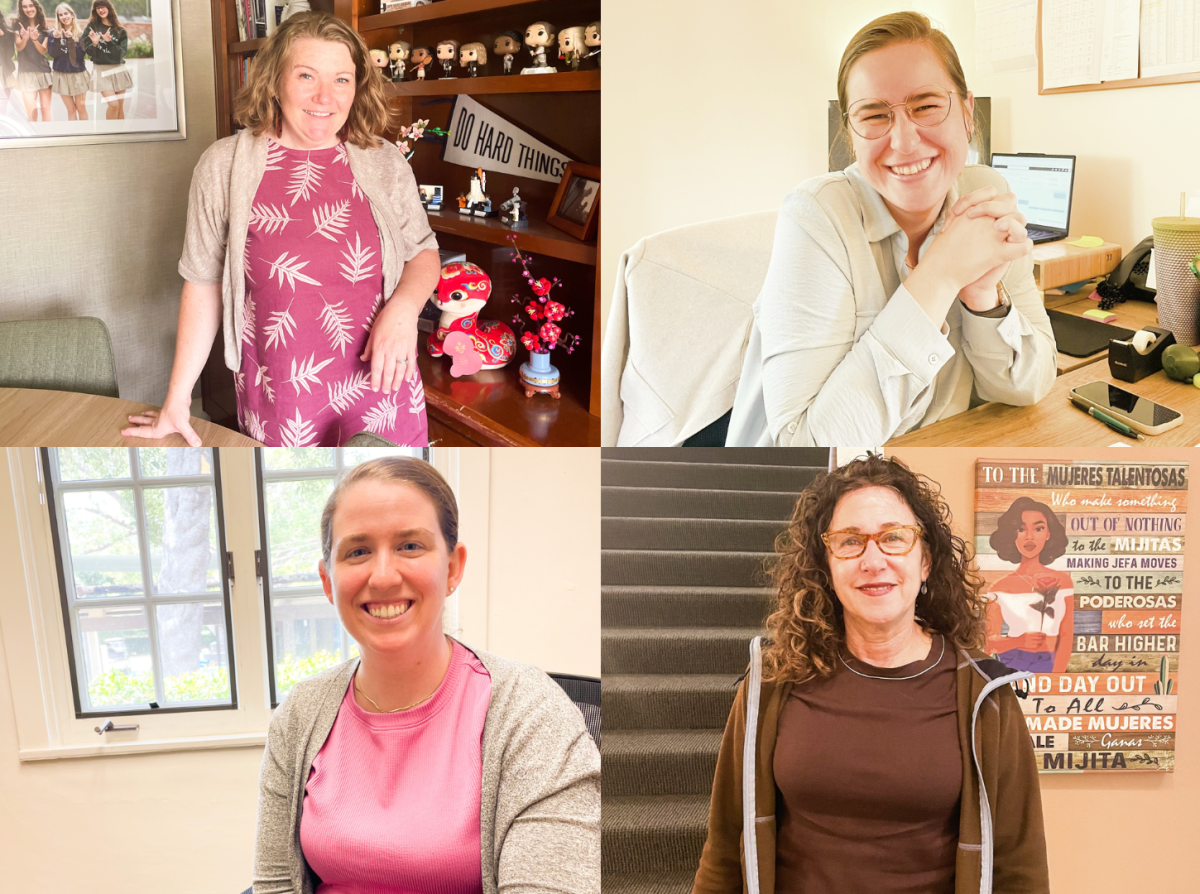
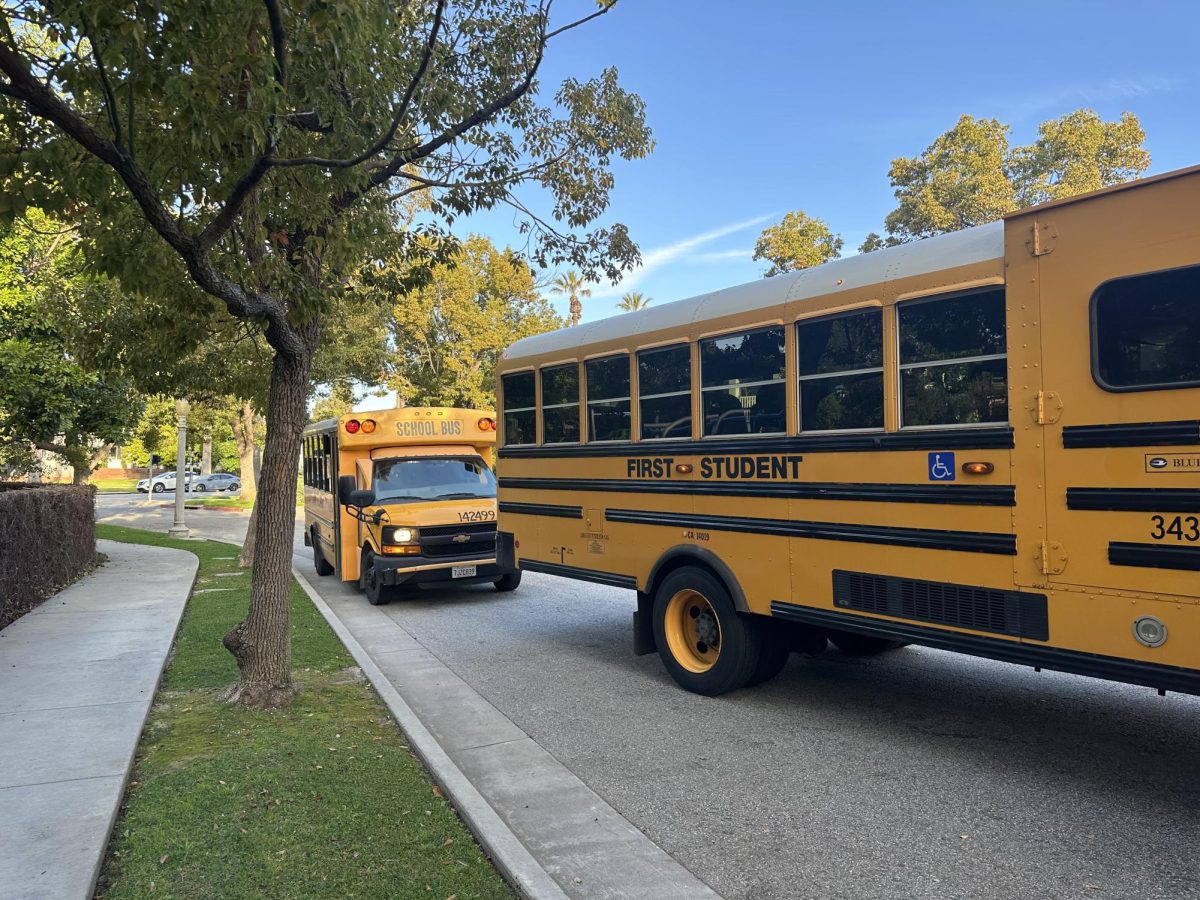


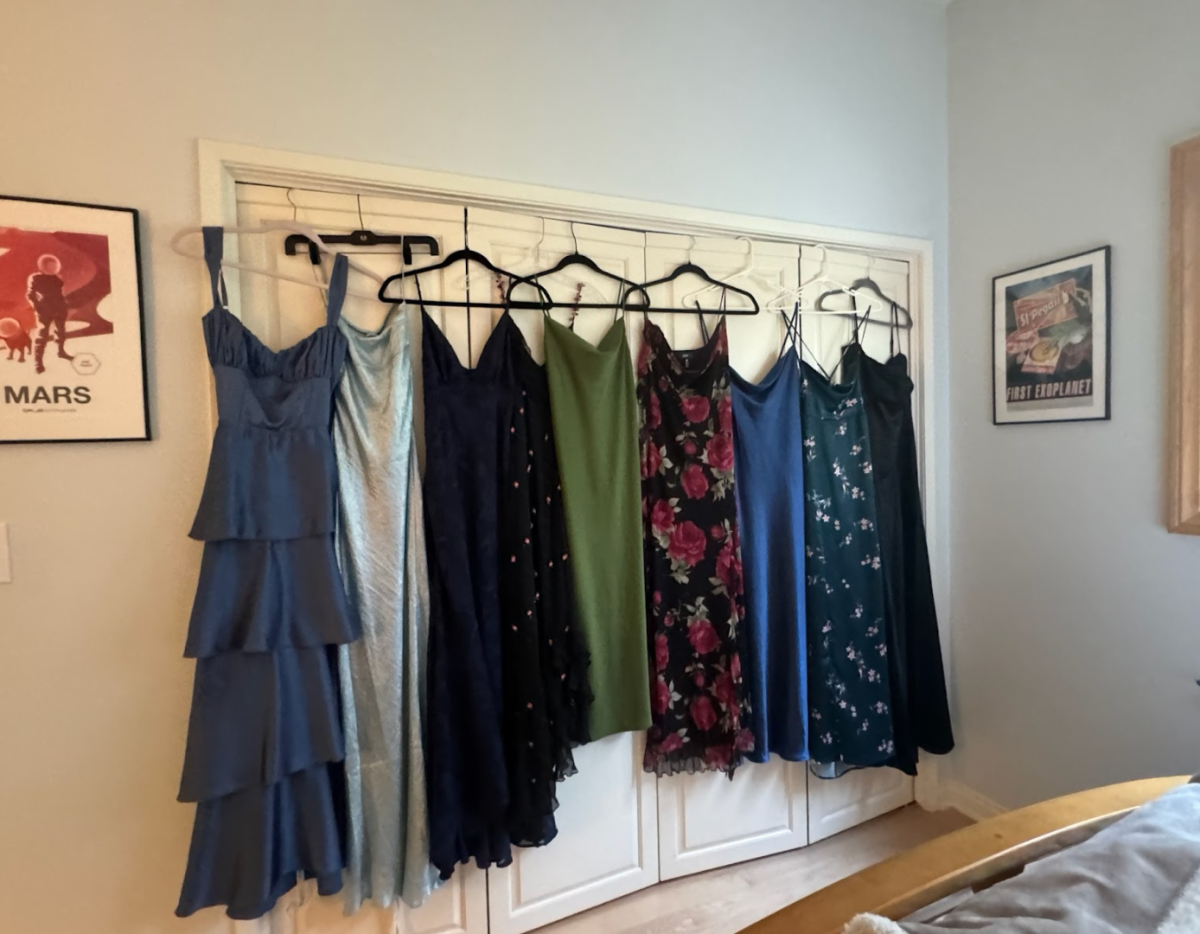








![Dr. Zanita Kelly, Director of Lower and Middle School, pictured above, and the rest of Westridge Administration were instrumental to providing Westridge faculty and staff the support they needed after the Eaton fire. "[Teachers] are part of the community," said Dr. Kelly. "Just like our families and students."](https://westridgespyglass.org/wp-content/uploads/2025/03/dr.-kellyyy-1-e1748143600809.png)








